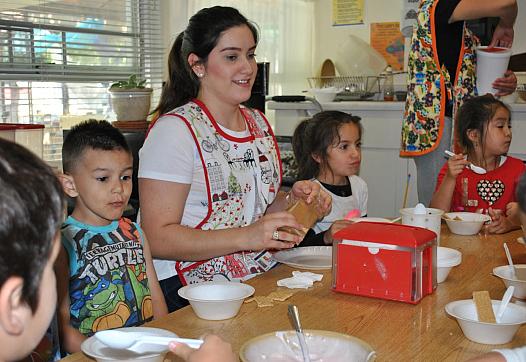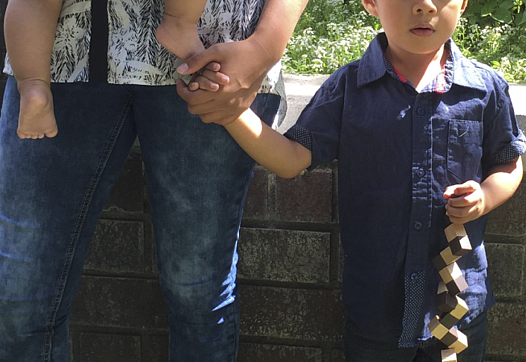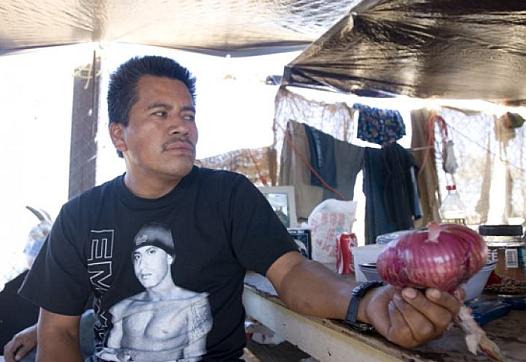![[Photo by fourbyfourblazer via Flickr.]](/sites/default/files/styles/teaser_list_thumbnail_large/public/title_images/5246642639_a58c707317_z.jpg?itok=33yexg_O)
How is gang violence damaging children? To help answer that question, a reporter for the Orange County Register is following a family in Santa Ana, Calif. that has been touched by gang violence.
![[Photo by fourbyfourblazer via Flickr.]](/sites/default/files/styles/teaser_list_thumbnail_large/public/title_images/5246642639_a58c707317_z.jpg?itok=33yexg_O)
How is gang violence damaging children? To help answer that question, a reporter for the Orange County Register is following a family in Santa Ana, Calif. that has been touched by gang violence.

Reporter Richard Bammer set out to explore how overlooked migrant education centers are addressing the education and health needs of migrant families in Calif.'s Solano County. Here's what he learned.

The burst of media coverage on the surge of unaccompanied minors coming to the U.S. in recent years has since ebbed, but the migration continues and many of the children’s basic needs still go unmet.

In Los Angeles, reporter Peiwen Jing finds that the public health system could be doing far more to reach out to Chinese immigrants about health care coverage and access to care.

For unaccompanied minors, seeking out health care is fraught will challenges and fear. Reporter Lucy Guanuna tells the stories of young mothers and children, and their unmet health needs.

A sizable percentage of California farmworkers are still struggling to get access to health services for themselves and their families.

For the Chinese American community in Los Angeles, language barriers can limit access to needed health care. But that's not the only challenge recent immigrants face, as Peiwin Jing reports in part one of her series.

This week, California officially begins enrolling eligible undocumented kids in the state's Medicaid program. Here are a few things to keep an eye out for as the enrollment effort gets going.

Most families didn't want to talk to SinoVision reporter Melody Cao about autism in their families. Then she turned to the messaging app WeChat, and found parents suddenly were willing to talk about their challenges.

Of the more than 836,000 young immigrants who've applied for the Deferred Action for Childhood Arrivals program, a significant number have been able to continue their higher education, apply for college and receive financial aid. But health coverage has been trickier.